Nearly a Singaporean
SINGAPORE — There are more than 1,000 stateless people living in Singapore, with the vast majority of them aged 50 and above, based on official statistics. As a group, they have drawn the attention of the public and Members of Parliament from time to time. But as Law and Home Affairs Minister K Shanmugam noted in a written parliamentary reply in October, the stateless people living here face different circumstances which have to be considered in their application to become Singapore citizens. TODAY finds out how several of them narrowly missed out on becoming a Singaporean.
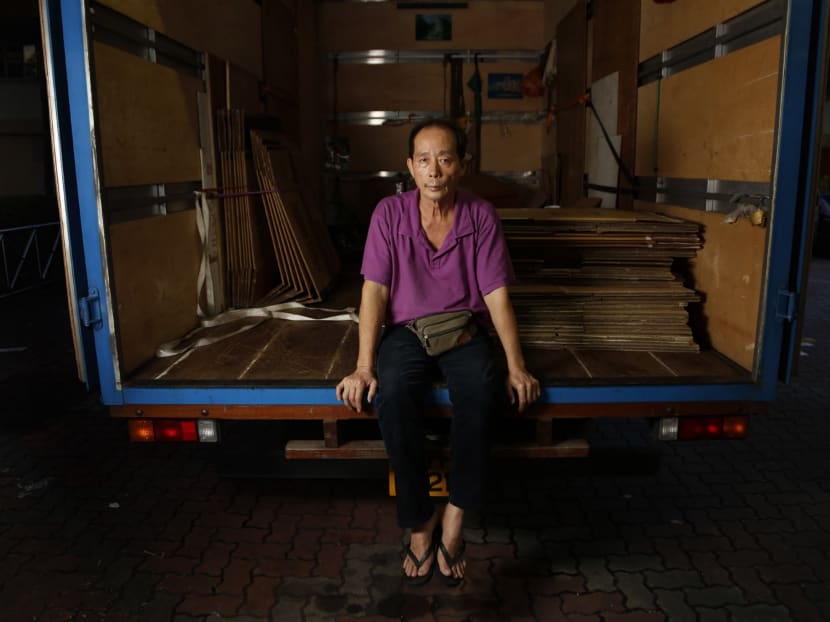
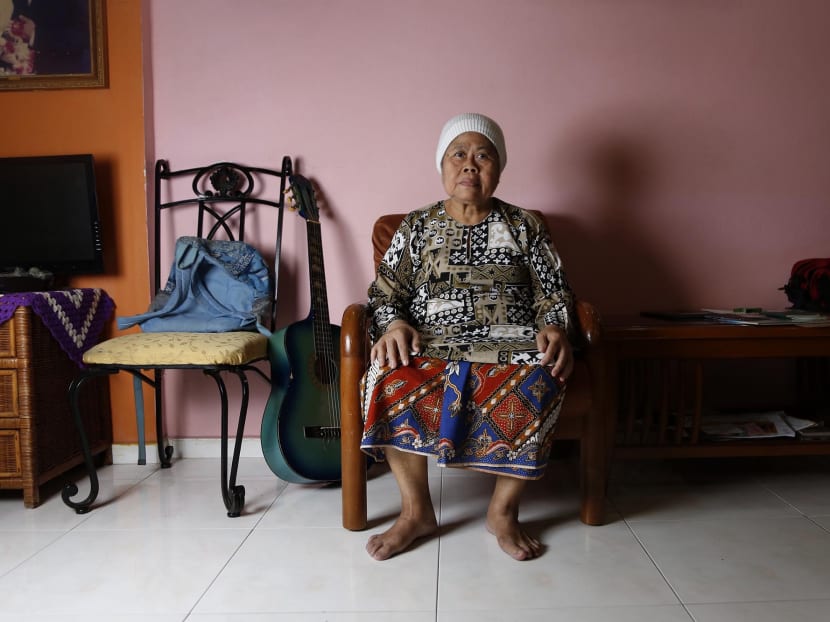
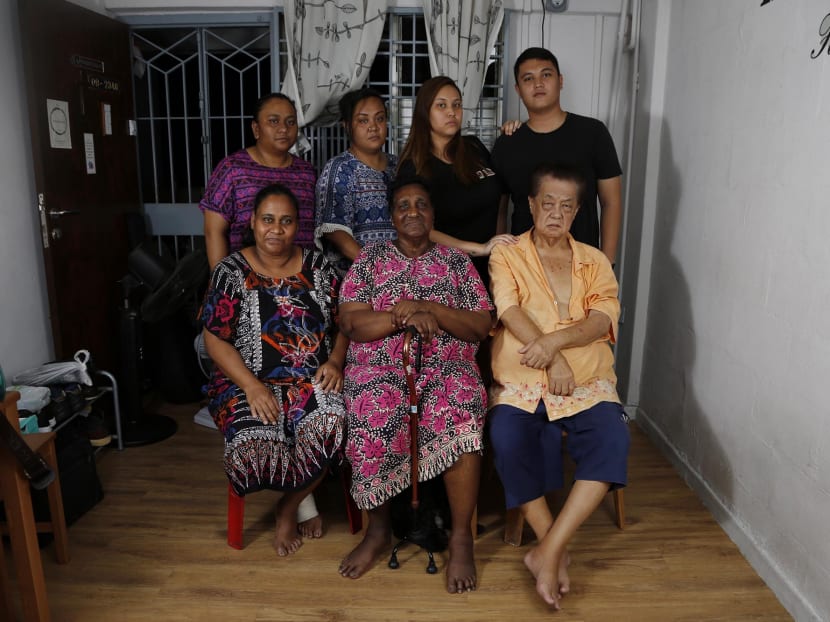
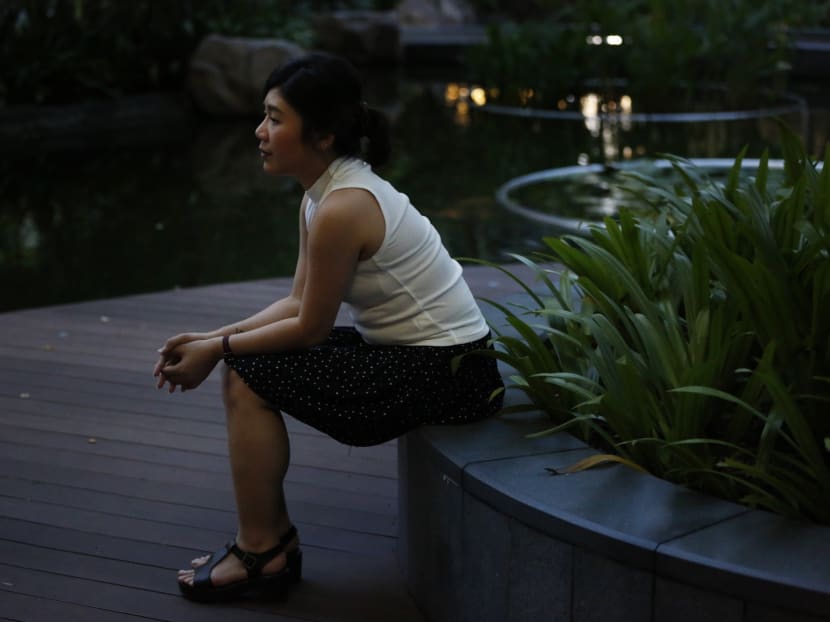
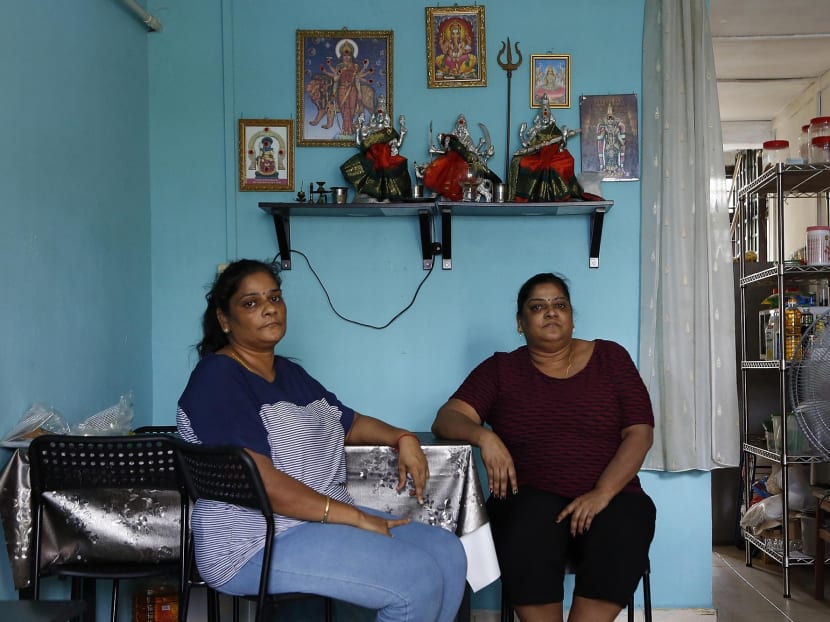
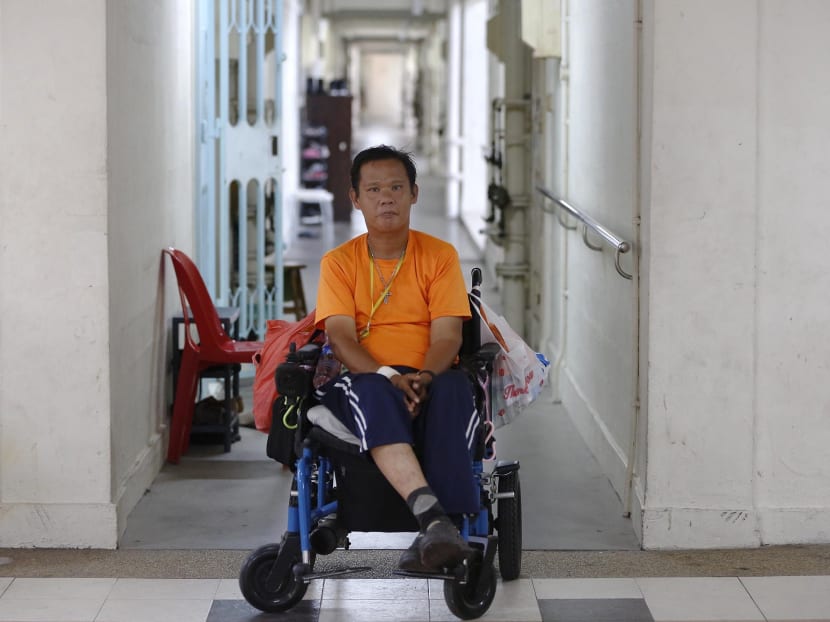
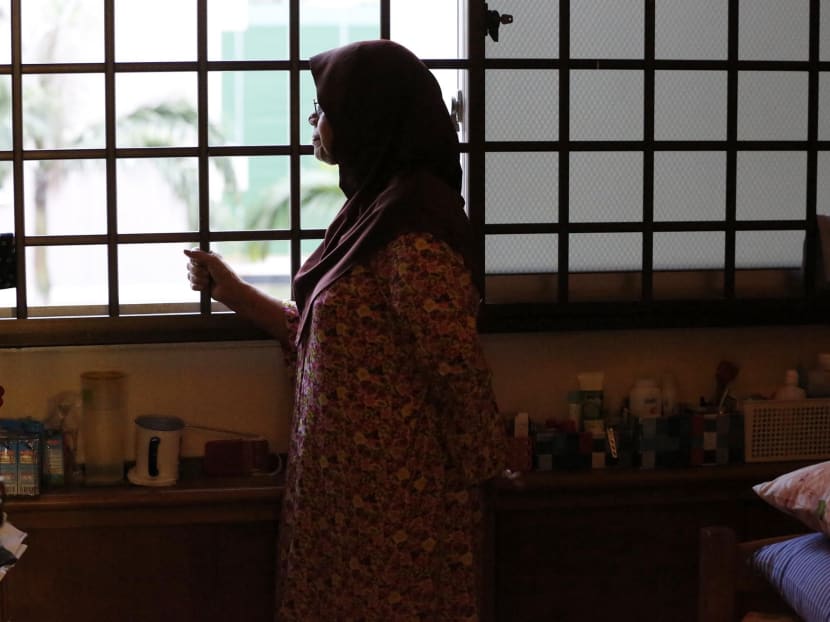
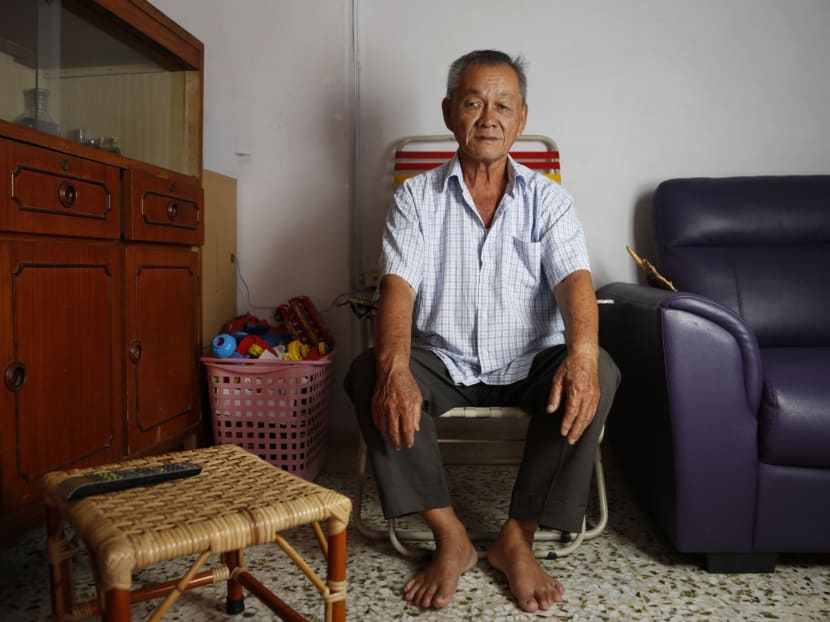
SINGAPORE — There are more than 1,000 stateless people living in Singapore, with the vast majority of them aged 50 and above, based on official statistics. As a group, they have drawn the attention of the public and Members of Parliament from time to time.
But as Law and Home Affairs Minister K Shanmugam noted in a written parliamentary reply in October, the stateless people living here face different circumstances which have to be considered in their application to become Singapore citizens.
TODAY finds out how several of them narrowly missed out on becoming a Singaporean.
If only I had gone ahead with Enlistment Day: Mr Yeo Hai Chin, 59
On his Enlistment Day 40 years ago, Mr Yeo Hai Chin was thrown off guard with a question from an army personnel: “Do you want to serve National Service (NS)?”
Then 19 and a stateless Permanent Resident (PR), the teenager thought he had a choice. After a quick discussion with his elder brother on the spot, Mr Yeo, a Malaysian who relocated to pre-independence Singapore with his family when he was three, said no.
It was a decision the self-employed mover would come to regret, as he failed to gain Singapore citizenship over the subsequent decades. The ninth of 15 children had assumed that he would be given Singapore citizenship “automatically” like his four elder brothers who weren’t called in for NS.
That was not the case, he came to realise.
“I was not against serving the army,” said Mr Yeo, the sole breadwinner of his family of four. “If only I had been better informed of the consequences for saying no when given a choice…which 19-year-old would not want their freedom?”
If only I had children: Madam Jannah Aman, 73
Born during the Japanese Occupation, Madam Jannah Aman’s parents had no formal way of registering her citizenship. After Singapore gained independence in 1965, Madam Jannah, by then a PR, was given a blue Identity Card (IC) where her nationality was indicated with a “–”, as she had misplaced her birth certificate.
When the housewife tried to apply for citizenship in 1994, her husband fell ill and had to quit his government job as a grass-cutter. This adversely affected the application, she said, as one of the criteria was for her to have either a working spouse or children.
“I blame myself for not having children, or else I won’t have this problem,” said the 73-year-old, who has failed in two subsequent attempts to gain citizenship.
If only I hadn’t run away from home: Madam Sorona Mary Joseph, 66
Yearning for freedom as an 18-year-old teenager, Madam Sorona Mary Joseph ran away from home, which was then the workers’ quarters at 48A, Tanah Merah Besar Road — the home of Singapore’s first Chief Minister David Marshall — where her parents worked as a house cook and maid.
She cut off ties with her family to cohabit with her boyfriend at High Street. A few years later, her India-born parents and Perak-born elder sister received their citizenship. She, however, became stateless for not being able to produce her birth certificate.
“I disobeyed my parents. Now I am regretting,” said Madam Sorona, as her children, and her children’s children, were similarly affected. “If I can turn back time… If I was still with my parents, I would have citizenship… We would have citizenship.”
She had lived out of a company’s guardhouse in Kranji, where she worked as a security guard, for close to 20 years until she was retrenched in 2015.
Her older child, Mrs Sheila Peng, 48, married a stateless man, Mr Peng Ei Seng, 74, and their five children were also born stateless. As the Pengs were not eligible to buy or rent a HDB flat from the Government, their family of seven had to live at a welfare home in the years they could not afford to pay their rent.
They got a permanent roof over their heads when Mrs Peng, who worked as a road sweeper, got her citizenship in 1999 after four failed attempts. She was able to rent a subsidised HDB flat from the Government.
In 2008, Mrs Peng’s elder son also received citizenship after serving NS. But her other son, 21-year-old David Peng, has not been enlisted. His parents believe he has not been called up because of his bipolar disorder, which was diagnosed in 2011.
“I feel very sad about it. Why I cannot go?” said David, who had dropped out of NorthLight School after failing his Primary School Leaving Examination (PSLE) twice. “My greatest contribution to Singapore would be going to NS.”
If only I hadn’t left school at 13 years old: Ms Ang Wei Zee (not her real name), 35
Upset with her mum’s grouses that her Secondary One school fees were too expensive, Ms Ang Wei Zee, then 13, shot back: “Fine. I will go out to work. I don’t need to trouble you.”
Looking back, the office administrator says the impulsive decision to quit school was the one decision that’s gotten in her way of becoming a Singapore citizen.
Though born here, Ms Ang is classified as a stateless person as her parents — a married Singaporean man and her Malaysian mother — were not legally married. Completing school would have helped her gain a better paying job — one of the factors the authorities consider during the citizenship application process.
Ms Ang currently earns about S$2,200, and hopes to upgrade herself through courses in Human Resource management.
“I should have completed my studies before telling my mother: ‘Okay, I am on my own now’,” she said.
‘If only our father hadn’t lost his temper’: Madam Malini and Madam Vanitha, 49
The details are hazy. But an oft-told family story has it that an angry outburst more than four decades ago by their India-born father, Mr M Ratnam, cost twins Madam Malini and Madam Vanitha, and their younger brother their chance at citizenship.
Upset that a government unit had rejected his request for financial aid, Mr Ratnam tore up a document informing him that he would be getting his Singapore citizenship.
And that was how Madam Malini and Madam Vanitha, both 49, and their brother, 43, became stateless despite being born here, and having grown up in kampungs at Jalan Kayu and Kolam Ayer.
“We feel we are a part of the society, but the Singapore (authorities) won’t accept us,” said Madam Malini, whose citizenship application was rejected for the sixth time last September. She has two teenage children, aged 15 and 19, who are similarly classified as stateless.
Madam Vanitha, the elder twin, has stopped trying for Singapore citizenship, choosing instead to focus on her job as a cleaner at the Marina Bay Financial Centre, where she earns S$600 a month.
Mr Ratnam was stateless when he died of lung cancer in 2010.
If only my mother hadn’t run away from the mental hospital: Mr Wong Hui Chew, 41
In 1970, 19-year-old Tan Ah Choo ran away from the Institute of Mental Health (IMH) without her identity documents. That set off a chain of events that would come to define the life of her youngest son, Mr Wong Hui Chew.
Ms Tan met a Mr Wong Soon Hin shortly after escaping from IMH. The couple had their first child, a son, in 1971, and a daughter in 1973. Mr Wong was born in 1975.
Ms Tan’s three children were all classified as stateless as she had no documents to prove her identity, and she was not legally married to the elder Mr Wong, who went missing after the birth of his youngest child.
The family was mostly homeless. However, Ms Tan’s two oldest children subsequently managed to gain Singapore citizenship, which one of them obtained after serving National Service and the other after getting married. Ms Tan died in 2011.
Mr Wong Hui Chew, now 41, is wheelchair-bound and sells tissue paper for a living. He does not want to go to the ICA to apply for citizenship on fears that he would be sent to a shelter, like in 2009 when government officers saw him and his mother sleeping at the Tanjong Pagar MRT Station, and took them to the Angsana Home, a shelter for destitute persons.
“Rumours that I escaped from Malaysia and ended up homeless here are not true. I have never been to Malaysia. I have never left Singapore,” he said.
If only I was properly adopted: Madam Fatimah Bee Mohamad Ali, 70
Madam Fatimah Bee Mohamad Ali was adopted by Mr Mohammad Ali and his wife as a toddler. But as commonly practised in pre-independence Singapore, there was no transference of custody — her birth certificate was not even handed over.
The 70-year-old unmarried homemaker for her adoptive family, who is blind in one eye, does not even know her birth date. Her foster father — an India-born man who migrated to Singapore in the late 1930s — said she was born in 1946, the year after the Japanese Occupation of Singapore ended.
In post-independence Singapore, without proper documents or even details of her birth, the immigrations officer handling her case could only issue her a blue IC, effectively rendering her stateless. Her illiterate adoptive father did not know what statelessness entailed as a nationality, and was told to “take (the IC) first” as a temporary measure.
Mr Ali accepted it, thinking that it could be easily changed later. But he died a few years later, with the matter still up in the air, said Madam Fatimah.
If only I cared more about paperwork: Mr Sim Cheng Hock, 74
Mr Sim Cheng Hock didn’t think it was a big deal being labelled stateless after Singapore separated from Malaysia. The carefree man simply didn’t think all the bureaucracy or paperwork was necessary. One example was how he left his marriage papers unsettled till today.
“I do not own a business. I had no use for them,” said the 74-year-old who worked as a construction worker. He came to Singapore from Malaysia by “just walking across the bridge without the need to show a passport” when he was about 10 years old.
“In the 60s, Singapore was all kampung. I didn’t think so much.”
But when he was not entitled to the Community Health Assist Scheme (CHAS) card in 2014 when the citizens-only Pioneer Generation package kicked in, his youngest child, Mr Frank Sim, 43, helped him submit bids for citizenship. He had been rejected three times to date.
“He refuses to see a doctor for his persistent coughs. We know it’s because he doesn’t get subsidy,” said the younger Mr Sim, a taxi driver, whose wife is dealing with stage four cancer. “We know how high medical fees can go. We are trying our best (with his case) so we don’t have to worry.”











